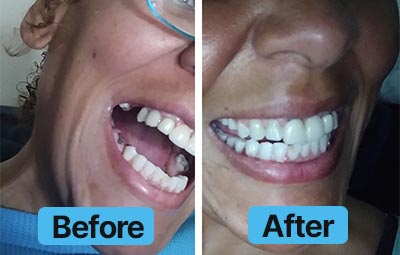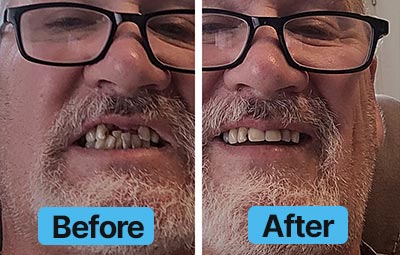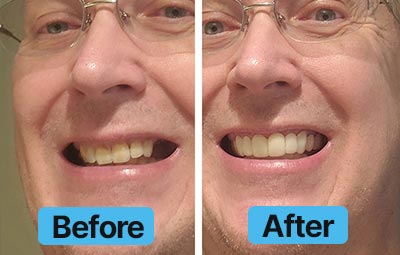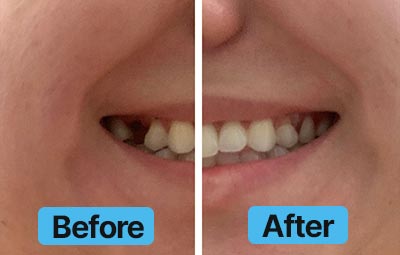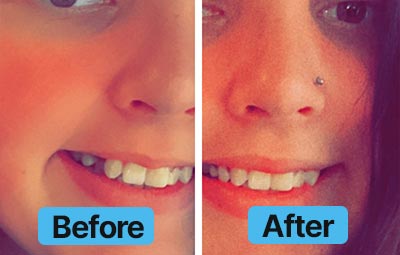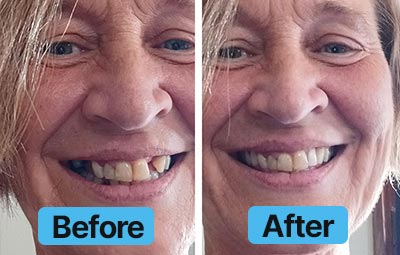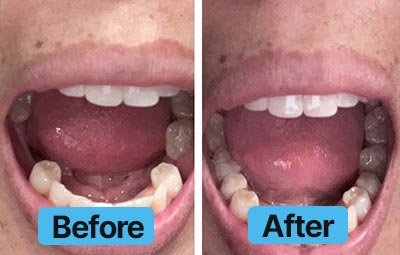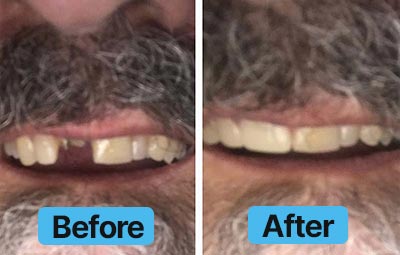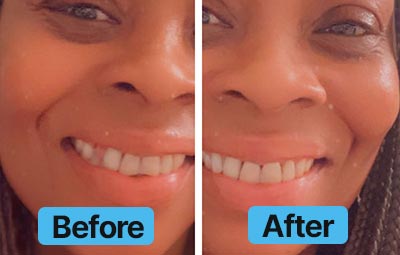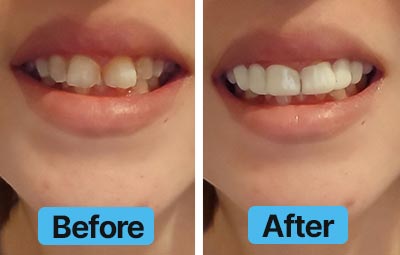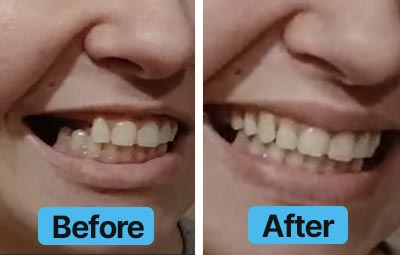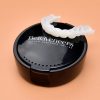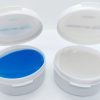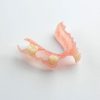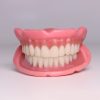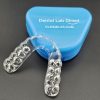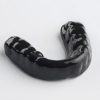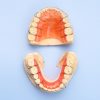Are you waking up in the morning with a sore jaw, neck pain, and headaches? You might be dealing with TMJ disorder. Temporomandibular jaw disorder (or TMJ) is a condition that affects the muscles around your jaw and results in pain or discomfort eating, talking, and sleeping. The good news? You’re not alone. TMJ is a common issue many people manage in their daily lives and there are multiple treatment plans available, like using a mouth guard for treating TMJ. It’s time to say goodbye to jaw pain and address your TMJ symptoms today.
What Causes TMJ?
TMJ disorder often stems from involuntary behaviors, which usually occur while you’re asleep. Because you’re typically not conscious of the factors that cause TMJ, it may be tricky to identify your specific TMJ triggers.
Some of the common causes include:
- Clenching or grinding your teeth while asleep.
- Misaligned bite or teeth.
- Injury to the jaw.
- Arthritis or other joint disorders.
Remember, every case is unique, and while these are some of the most common causes of TMJ, consult with your dental care professional before self-diagnosing.
What are the Symptoms of TMJ?
TMJ symptoms are the result of inflammation in the jaw, neck, and head. Since everyone experiences slightly different symptoms, if you think you might have TMJ, consult with your dentist about the discomfort you’re experiencing to rule out other potential causes.
Common symptoms include:
- Pain or aching in your jaw, teeth, or temples.
- Headaches and neck aches.
- Jaw stiffness resulting in difficulty eating or talking.
- Limited jaw mobility due to tight muscles.
- Ear aches.
- Crunching, clicking, or popping noises when you move your jaw.
Depending on the severity of your symptoms, you might need to have x-rays taken or undergo other tests administered by a healthcare professional.
Is Using a Mouth Guard for Treating TMJ My Only Option?
There is a wide array of treatments available to help alleviate pain and discomfort caused by TMJ. From at-home remedies to dental appliances to surgical intervention, it’s essential to select the care plan that makes the most sense to treat the cause of your TMJ.
Dental Appliances – The most common treatment for TMJ is using a mouth guard to protect your teeth while you sleep. Mouthguards not only protect teeth from being damaged or cracked due to grinding, they also alleviate the pressure caused by biting down.
At Home Remedies – For milder cases of TMJ there are several ways to alleviate pain without a visit to the dentist. Gentle jaw messages, warm or cold compresses, and eating soft foods are all easy places to start when you need some relief. Additionally, you can take over-the-counter painkillers like ibuprofen to minimize swelling and alleviate pain. Avoid rigorous movement of the jaw, and try incorporating some gentle stretches into your routine. Before attempting at-home remedies, consulting a specialist is recommended.
More Intensive Treatments – Although usually a last resort procedure, in some severe cases you may need to consider having surgery on your jaw. Other rigorous treatment options include injections and radiotherapy.
All About Mouth Guards for Treating TMJ
Selecting the right mouthguard for your TMJ is an important process. Wearing a mouthguard while you sleep—and even during the day—often significantly improves your TMJ symptoms by cushioning your jaw and protecting your teeth when you bite down. Mouthguards come in many shapes, sizes, colors, and materials.
Here are a few of the most important factors to consider when selecting the right mouthguard for you:
Does It Fit? – An ill-fitting mouthguard may create more problems than it solves. Many online services offer impression kits delivered to your door so your mouthguard is the perfect match. Some mouthguards are even made of materials you can remold to fit as your teeth shift over time.
Is It Easy to Clean? – When you wear a mouthguard every single night it gets a little gross. Make sure the mouthguard you select is easy to clean since you don’t want to get cavities or have bad breath from wearing your mouthguard at night.
Is It Comfortable? – Depending on the context and frequency of your use, you may be looking for different qualities in a mouthguard. The mouthguard you sleep in may be different from the one you use to prevent stress-induced clenching for example. With this in mind, make sure whatever product you choose is comfortable to wear for long periods of time. After all, what’s the point of a mouth guard if it causes extra discomfort?
Choosing Dental Lab Direct
Treating your TMJ is simple when you work with Dental Lab Direct. Our three-step personalized mouth guard service provides affordable, high-quality, dental appliances delivered to your door in a matter of weeks. Don’t have the perfect fit? Dental Lab Direct offers a sixty-day money-back guarantee.
At Dental Lab Direct we’ve got you covered when it comes to protecting your teeth. Contact us today to learn more about our services.
 60 DAY warranty on all custom-made products | 1,000+ 5 Star ★★★★★ Reviews
60 DAY warranty on all custom-made products | 1,000+ 5 Star ★★★★★ Reviews

